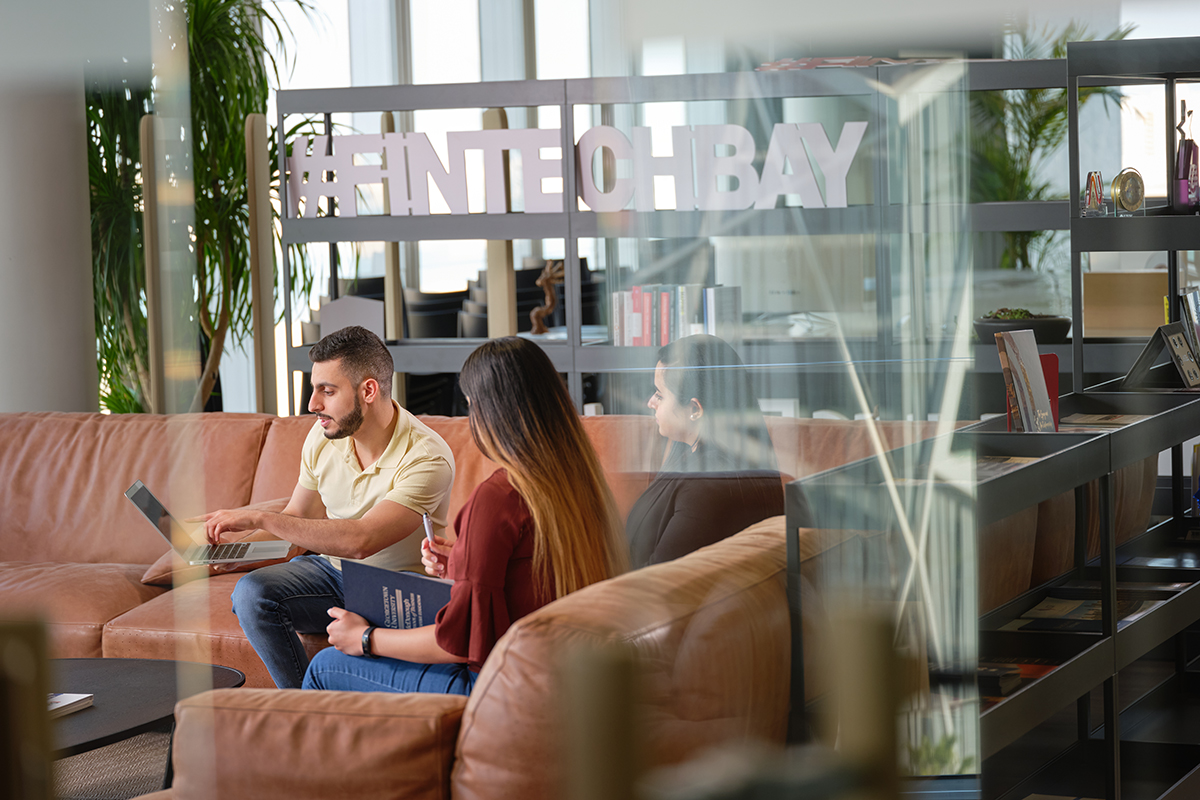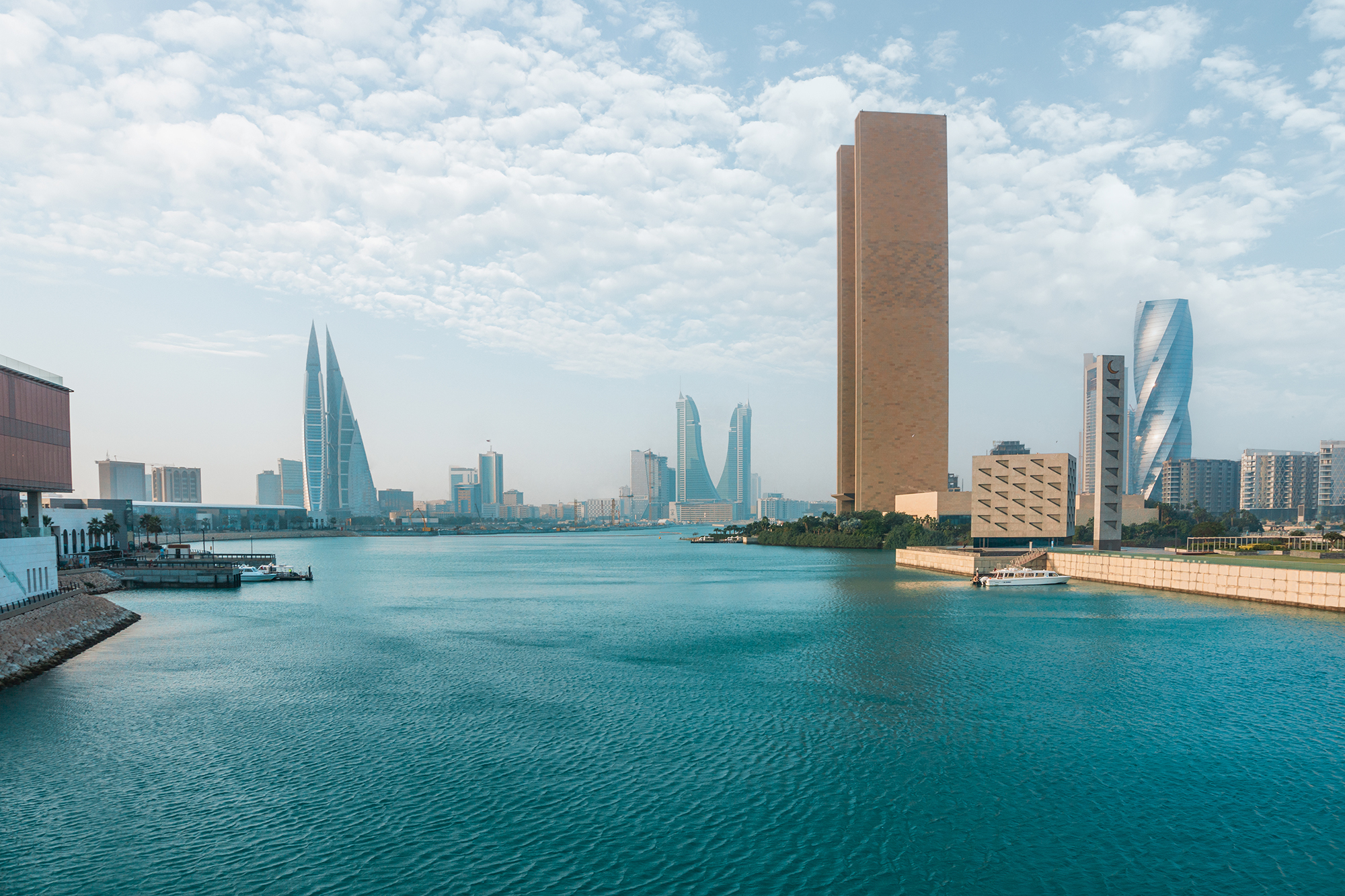From cutting-edge manufacturing to tech-enabled finance, the Middle East is transforming at pace. The Gulf Cooperation Council (GCC) nations and wider Middle Eastern and North African region are undergoing rapid economic diversification fueled by digital innovation, strategic investment and young, growing and digitally fluent populations.
For Japanese companies, the opportunity is clear. The GCC region is projected to grow by 3.2% in 2025 and 4.5% in 2026, with non-oil sectors such as tourism, finance and technology expanding at 3.7%. Japan-GCC trade already totals around $100 billion annually.
Bahrain: Regional gateway
Situated at the heart of the Middle East, Bahrain offers direct access to the $4 trillion GCC capital market. Its open economy, state-of-the-art infrastructure and business-friendly regulatory environment make it an ideal launchpad for Japanese businesses.
Bahrain’s Industrial Sector Strategy 2022-26 aims to raise the industrial sector’s GDP contribution to $6.6 billion and increase industrial exports to 80%. And the kingdom’s ongoing diversification strategy reinforces its position as a dynamic destination at the crossroads of Asia, Africa and Europe that is ripe for further investment.

Industrial transformation
Bahrain is at the forefront of “Industry 4.0” and advanced manufacturing in the region, with government and private sector investment in automation, AI and the Internet of Things reshaping traditional manufacturing.
Japanese manufacturers are already playing a pivotal role in this evolution. Yokogawa Electric Corp., a global leader in industrial automation and control solutions, has operated its regional headquarters in Bahrain since 1990. “For over three decades, Bahrain has been the ideal base,” said Yokogawa President and CEO Norinao Sato. “The ease of doing business, access to skilled talent and exceptional quality of life have enabled us to innovate and grow.”
Daiki Aluminium Industry Co., Japan’s leading manufacturer of aluminum products, recently partnered with Aluminium Bahrain (ALBA), one of the world’s largest aluminum smelters, to establish a business for sustainably processing aluminum dross in the kingdom. “Working with ALBA and establishing in Bahrain was a smooth transition,” said Daiki President and Representative Director Shige-nori Hayashi. “The supportive business environment, comfortable lifestyle and cultural similarities made it easy for our team to adapt and succeed right from the start.”
Regional financial powerhouse
Bahrain’s financial sector is the largest contributor to its economy, accounting for 17.2% of GDP in 2024. Agile regulation and a forward-looking approach have helped position the country as a financial innovation hub for the region.
The Central Bank of Bahrain offers a single, streamlined regulatory framework and was one of the first in the region to launch an onshore crypto-asset framework. Its fintech sandbox provides innovative banking and financial solutions, and there are currently around 63 fintech companies in Bahrain.
Initiatives such as the Golden License Program offer investors fast-track approvals and bespoke support, reinforcing Bahrain’s appeal. Leading institutions such as the Japanese financial services group Mizuho are already in the kingdom.
Digital infrastructure
Bahrain’s digital infrastructure and forward-thinking policies have made it a springboard for technology companies expanding across the region.
As the first gulf nation to implement a nationwide cloud-first policy and comprehensive data jurisdiction law, Bahrain has attracted global technology leaders including Amazon Web Services Inc., which established its first Middle East hyperscale data center in the kingdom. Information and computer technology businesses enjoy an annual cost advantage of up to 28% compared to other gulf markets, and women account for 50% of enrollments for STEM degree in higher education, underscoring Bahrain’s commitment to inclusion and innovation.
People and partnerships
Indeed, Bahrain’s highly skilled, multilingual workforce is another key factor in its appeal to global companies. The University of Bahrain is training the next generation of digital workers through degrees in artificial intelligence and cloud computing. The kingdom’s workforce upskilling and business incentives are supported by its Labour Fund (Tamkeen) and the #TeamBahrain initiative — a national strategy in which government agencies and the private sector collaborate to attract and accelerate investment — ensuring companies have access to the talent they need.
With established Japanese success stories and a government committed to enabling business, Bahrain stands ready to help Japanese companies thrive.
For more information, please visit http://www.bahrainedb.com/





